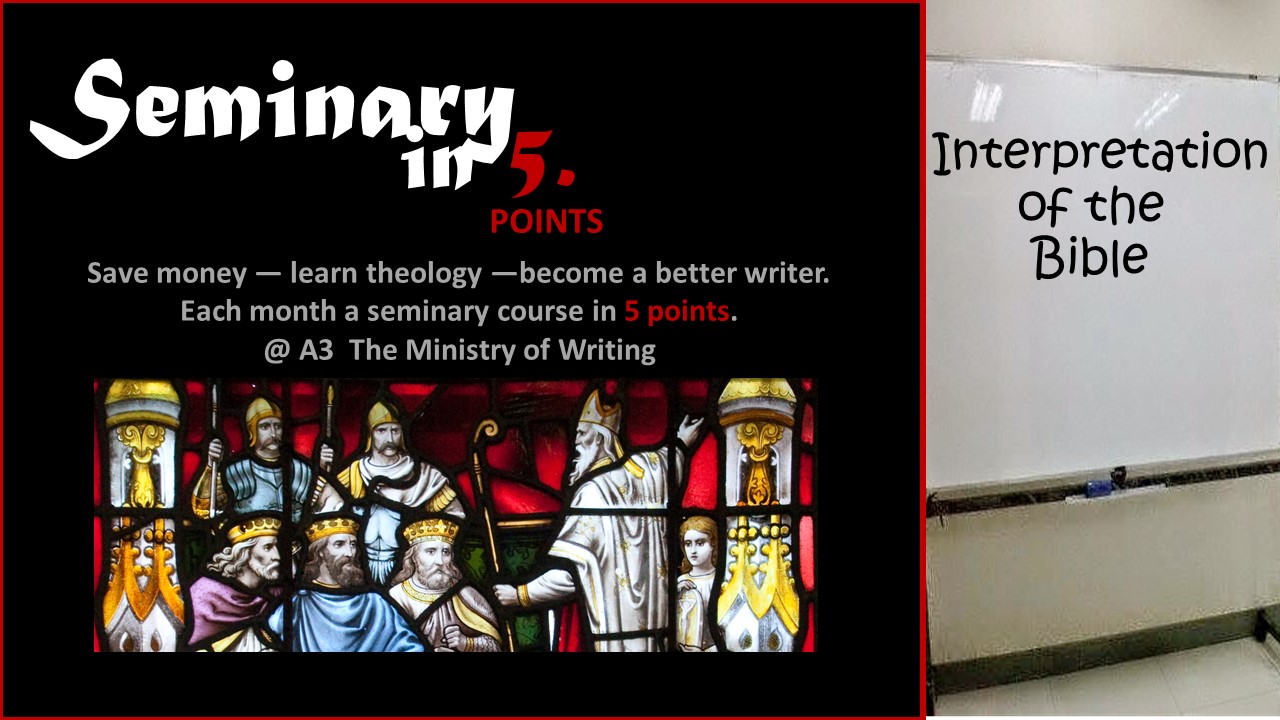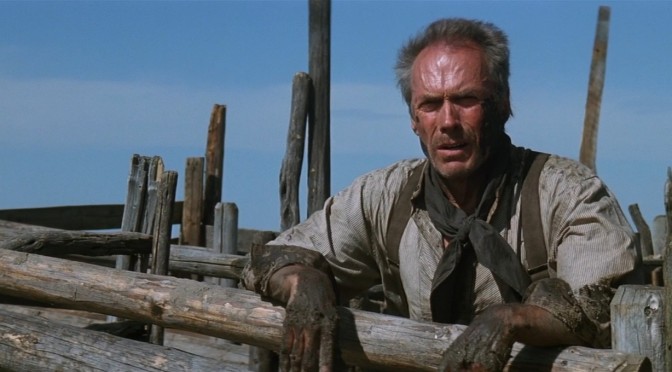
Procrastination and the Pen
By Doug Peterson I stepped slowly out onto the board of a high dive at our local swimming pool,…
December 28, 2016
By Doug Peterson I stepped slowly out onto the board of a high dive at our local swimming pool,…
December 28, 2016
Plenty of ink has been spilled and battles fought over the necessity and superiority of the Oxford or serial…
December 26, 2016
Welcome to The Efficiency Addict column, helping writers work more effectively every day. This month I’m pleased to welcome back Kathleen…
December 25, 2016
“Your platform isn’t large enough.” The pretty blonde editor closed my proposal and handed it back. I attempted a smile, thanked…
December 24, 2016
Elaine Marie Cooper As I dropped off several of my novels at the bookstore before Christmas, I noticed a…
December 23, 2016
Three days before Christmas, a delivery man turned in our driveway, honked the horn, and requested my signature. Then…
December 23, 2016We all want our manuscripts to be the best they can be. In the past, we’ve relied on unskilled…
December 22, 2016
By Sandra Merville Hart Somewhere in the midst of writing my second novel my story started to get…
December 21, 2016
We were just about to head down the aisle before my daughter’s wedding, when I reached into my bag…
December 20, 2016
We writers love our protagonists. We give them a few flaws and quirks, but we know that underneath their…
December 19, 2016
Jim always thought first contact with an alien race would involve ceremony and formality. But standing over the bullet-riddled…
December 18, 2016
A few years ago when I was knee-deep in preschoolers and a newborn, I started a blog. I meant…
December 16, 2016
Please tell us about your most Recent Book I recently completed my Cherry Hill Series, a Young Adult urban…
December 15, 2016
Much of the publishing world becomes silent throughout late November until the New Year—including the magazine world. The holiday…
December 12, 2016
Being a sports writer has always been the most rewarding job I ever had. Often, I think back…
December 11, 2016
Save money. Learn theology. Become a better writer. Minister more effective. That’s my hope for you. In this second…
December 10, 2016
When I was a fifteen-year-old aspiring author, I emailed a bestselling author asking for writing advice. What she told…
December 8, 2016One of my favorite musicals is Rogers and Hammerstein’s Cinderella. I know it by heart–have since I was a little girl.…
December 7, 2016
Multiple points-of-view. This topic can spark quite a discussion among authors. Some prefer showing their story through the…
December 6, 2016
I recently wrapped three projects in which my written pieces could only be 250 words max, including a Bible…
December 5, 2016
Hey, creative peeps, here are twelve gift ideas (either for yourself or for others!) in honor of the 12…
December 3, 2016
If you analyze screenplays and films you are bound to find commonalities that exist among the ones that are…
December 3, 2016In Fierce Courage, author Gabriella Kovac tells the story of Ivo Glovonich and his triumphs over seemingly-insurmountable obstacles. The…
December 2, 2016
Next week I will take a long and worshipful moment to count my blessings. The third and final book…
December 1, 2016
Can you share a little about your recent book – My latest book is Fierce Courage It is a…
December 1, 2016





